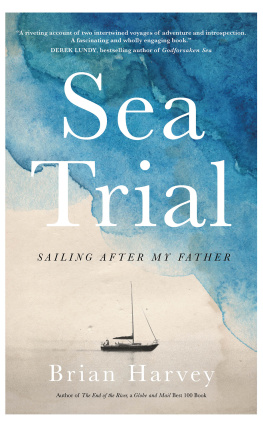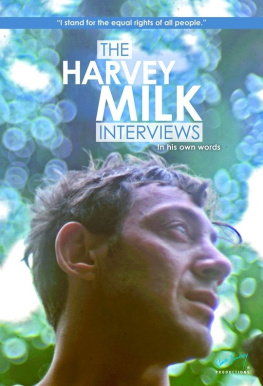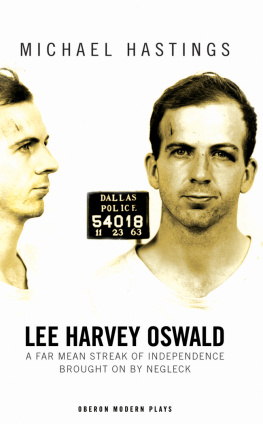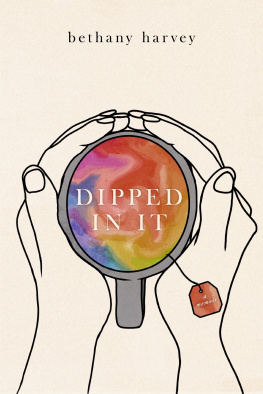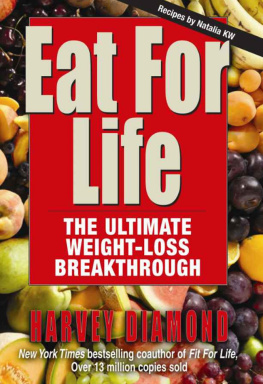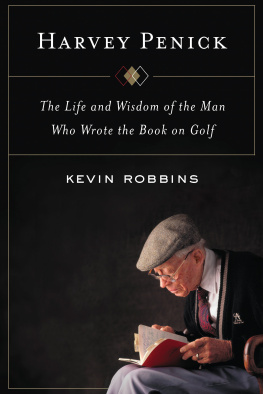Vera was a glowing little island surrounded by drizzle and fog. I could just make out the sickly yellow arc lights on the loading dock where the fishing boats had delivered their catch the night before. It was 4:45 in the morning, and I hadnt slept much. Hatsumi made coffee and poured it into a thermos; neither of us ate. We put on our rain gear. Then I started the engine; turned on the radar, the GPS, and the depth sounder; and crept over the slippery deck to get the anchor up.
Can we do this? said Hatsumi when I rejoined her in the cockpit. Her voice sounded small. She put the engine in gear and Vera began to slide forward.
Im not waiting here another day, I said. I cant stand it.
We felt our way out of the anchorage. It was still pitch dark, and the fog erased the meeting of boat and water. By the time we reached the mouth of Bull Harbour, the sky had begun to lighten, but our surroundings were still a uniform grey. We were almost at the northern tip of Vancouver Island. Somewhere in front of us was the Nahwitti Bar, the obstacle Id been obsessing about for months. According to the chart, we were only a half mile away. Soon we would turn toward the shore, find the opening in the rocks that the locals swore by, and follow the edge of the kelp through this inside channel. This was the plan: we would bypass the bar and its multiple hazards altogether, then zip around photogenic Cape Scott, admire the surf exploding on the headlands, and congratulate ourselves for reaching the west coast at last. The home stretch. Nothing to it.
But following the inside route meant you had to see where you were going. I hadnt thought of that. GPS and radar couldnt see kelp, and kelp told you where the shallow spots were. I grabbed the binoculars and did a quick, frantic sweep where I thought the horizon should be. Nothing.
We have to turn! Hatsumi was inside, glued to the GPS screen. Were running out of room.
Keep going. I felt the Pacific swell lift us. Dont turn.
What?
I cant see the channel. I cant see anything. I grabbed the binoculars again, and for a moment, maybe five seconds at most, a hole in the fog revealed something. But it wasnt the inviting, kelp-fringed escape hatch I expected to see. It was a grey wall of water, smooth and undulating and evil-looking. The Nahwitti Bar, the thing we thought we were avoiding, was straight ahead.
This was the choice: go blind into confined waters or go blind into that wall. The third and most sensible choice, to turn around and go back, existed for about as long as it took me to hand the binoculars back to my wife. The wall was a lot closer than I thought.
Well just go through it, I said. How bad can it be?
In an instant, Id done the equivalent of taking off my clothes in a snowstorm. Would Hatsumi have done it differently? For all my railing at Japanese inflexibility, this was one situation where Western-style improvisation was a mistake. We were entering the Nahwitti Bar at peak ebb tide, the worst possible time; behind that grey wall would be a field of standing waves that would take us, how long to get through? Ten minutes? An hour? I had no idea. And as Vera lifted into the first of them and I felt the weight and size of it, I knew that, once we were into that field, there was no way we could turn and run. If the engine stopped, if the blue goop Id bunged into the leaking driveshaft two days earlier suddenly let go, if Vera reared so high the sludge at the bottom of the fuel tank got sucked into the fuel line, we would be driven, wallowing and helpless, onto invisible rocks.
These werent ordinary waves. They werent wind-driven and marching predictably at us; instead, they were gunmetal-glassy and weirdly stationary. Vera had to climb each one, and as we got deeper into the bar, I had to hold hard to the wheel to keep from slipping backward. Charley, clipped to a line that kept him on the cockpit seat and out from under Hatsumis feet, cowered and scrabbled with me. Charley was a miniature schnauzer. He couldnt swim. Vera reared, climbed, and fell sickeningly into the next trough.
After a half-dozen waves, I gave up steering the course Hatsumi kept shouting to me and concentrated on keeping our bow more or less perpendicular to the crests. We were on a road, even if it led straight into the rocks, but I felt an overpowering need to just get through it. The worst part was the lack of a frame of reference. There was just enough visibility to see two or three waves ahead; everything else land and sky was greyed out. It was like being blindfolded and beaten in a locked room. All our planning, three years of progressively longer cruises, the courses, the reading, the conviction that circumnavigating Vancouver Island was the logical shakedown before a true offshore voyage how did we end up in this mess?
Are we okay? Hatsumi kept asking. Where she was stationed, braced in the companionway, the view astern must have been just as bad. She wouldnt see the bow climbing to the sky and shedding sheets of water down the decks, but she would see me trying not to tumble backward off the stern. Every few minutes, she blew violently into the ancient brass foghorn Id found in my fathers effects and brought along as a memento. That was what you were supposed to do in fog, wasnt it?
Were fine, I said. But I was seriously scared. When I suddenly found myself clutching a stanchion and vomiting violently over the side, I didnt know if it was seasickness or fear. Id never been seasick before. Id never been this frightened either. Except once and that was a long time ago.
***
I first saw Zero Rock on a summer weekend when I was eight years old. A number of things came together then, and because of those things, I was sure I was going to die. The things were: my fathers impatience with the limitations on his time, his determination to learn new skills, a southwest gale, and a fishing fleet.
We had no business being anywhere near Zero Rock in Frou-Frou. She was a Lightning Class racing boat, nineteen feet long, open except for a few feet of foredeck under which you shoved spare life jackets, a paddle, lunch. The cockpit took up most of the boat: slat seats bracketed the centreboard box, a raised slot that penetrated the hull and through which the retractable keel protruded. With a good wind behind you and the centreboard pulled up, a Lightning planed like a surfboard. You raised and lowered the board by hauling on a block and tackle, an arrangement that allowed the racer to fine-tune lateral resistance and unfortunately allowed my father to conclude that a Lightning could be beached for a weekends camping.
Our Lightning was painted a cheerful yellow. Her ridiculous name, which we never changed, was picked out in black plastic letters screwed to the transom, one Frou on either side of the rudder. That rudder is important to my story. It hung by two oddly named bits of hardware whose names I have never forgotten: the pintles, vertical pins attached to the rudder, and the gudgeons, two brackets like crooked fingers screwed into the transom. You lowered the pintles into the gudgeons, male meeting female with a solid bronze thunk, and there the rudder dangled and swung. What happened to this handy system was the first unravelling of my fathers plan.

